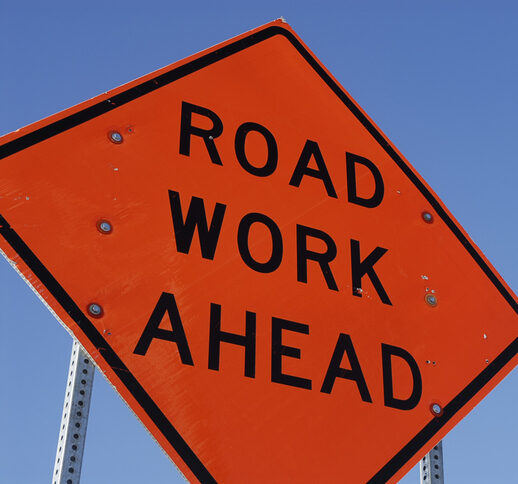
Probate is a legal process that occurs after a person’s death, during which their estate undergoes distribution according to their will or, if they passed away without one, state law. While it may seem like a necessary part of handling someone’s final affairs, probate can be time-consuming and costly, making it a topic of concern for many people engaged in estate planning. We’ll explore what probate is and how you can avoid it.
Understanding Probate
Probate involves the court overseeing the process of paying off the deceased’s debts, locating assets, and distributing them to the rightful heirs or beneficiaries. This includes authenticating the validity of the person’s will, appointing an executor or administrator, notifying creditors, and filing tax returns. As you can imagine, this can be a lengthy process, taking anywhere from several months to over a year to complete.
The Drawbacks of Probate
Bypassing probate is desirable for several reasons. Firstly, it can be expensive, with associated court fees and attorney costs reducing the value of the estate. Secondly, the process is public, meaning records of the deceased’s assets and debts are accessible to anyone interested in reviewing them. Lastly, because the process takes a long time, beneficiaries may not receive their inheritance for an extended period, potentially causing financial strain. Fortunately, now that you know what probate is, you can take the proper steps to avoid it in your own estate planning.
Trusts as an Alternative
One way to avoid probate is by creating a living trust. A living trust is a legal document that outlines how the trustor’s (the person creating the trust) assets remain organized during their lifetime and distributed after their death. Assets held in a living trust do not pass through probate, allowing for a quicker and smoother distribution process. Plus, a trust provides the added benefit of privacy, as the paperwork is confidential.
Joint Ownership and Beneficiary Designations
To bypass probate, you should also consider owning assets as joint tenants with rights of survivorship. This type of joint ownership ensures that when one owner dies, the assets pass directly to the surviving owner, without the need for probate. Additionally, for certain assets like bank accounts, life insurance policies, and retirement accounts, you can name a beneficiary to inherit the asset directly upon your passing, also avoiding probate.
The Simplified Probate Process for Small Estates
Another way to avoid probate is to keep your estate small. Some states have a simplified probate process for small estates, which reduces the time and costs involved. If your estate qualifies, you’ll need to complete a simplified probate affidavit, stating the assets’ value and the beneficiaries’ names and addresses, among others. Each state has specific requirements and thresholds for using this process, so it’s essential to familiarize yourself with your state’s laws.
Understanding probate and implementing strategies to avoid it are crucial elements of efficient estate planning. With the right efforts, you can minimize costs, maintain privacy, and ensure faster inheritance distribution for your loved ones. Always remember to consult with an estate planning attorney to tailor your plan according to your unique situation and goals.






